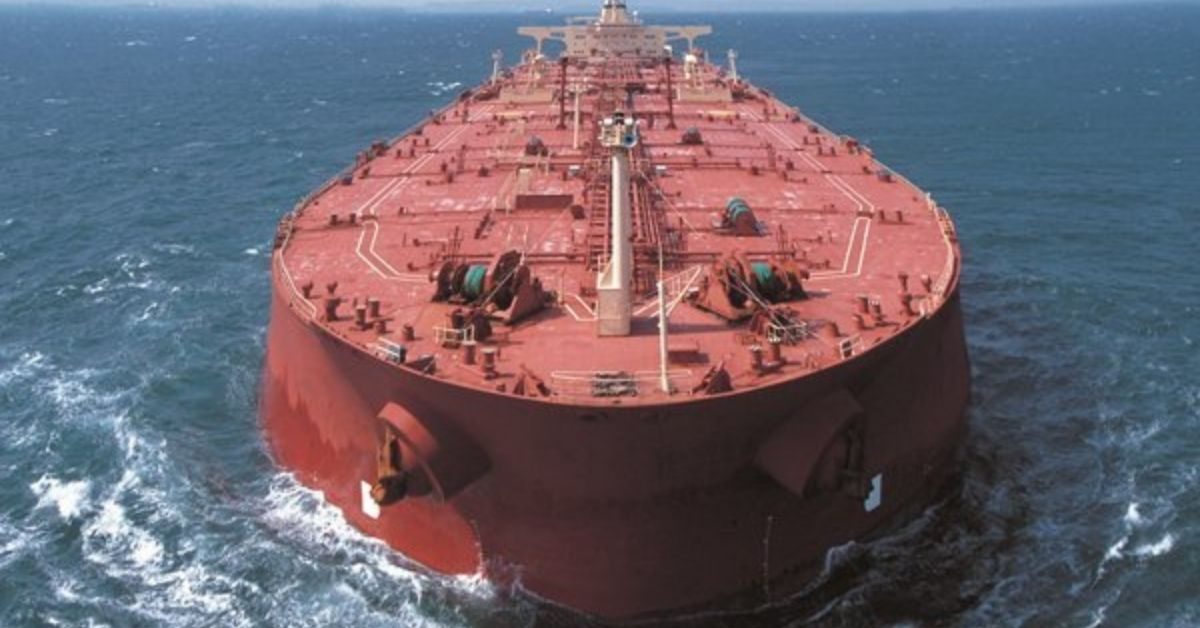Russia has amassed around 100,000 troops near Ukraine’s borders, and there are fears of an eventual conflict, which Moscow categorically denies. UK’s secretary of defence Ben Wallace calls the failed negotiations with Russia as a ‘whiff of Munich in the air’- a reference to the failed talks at Munich aimed to stop Nazi Germany’s attack on Czechoslovakia and an eventual second world war.
The hit on the maritime sector would spell havoc, particularly for the energy sector. In the first six months of 2021, the Russian import of natural gas in Europe was 46.8%; Coal was another significant import from Russia to Europe. The former was the largest exporter to the continent and delivered approximately 33.58 million tons to Europe in 2021. However, with the ongoing crisis and an unstable relationship with Russia, Europe is looking at an energy shortfall.
Braemar ACM, one of the largest shipbroking companies globally, said that Russia exported around 7.6 million barrels of crude oil and refined products per day. Russian exports are about 8% of the global oil demand, and the seaborne oil volume is 7%. Two-thirds of Russian crude oil exports are consumed by Europe alone.
Asia is already a booming market for the Russian energy industry, and Europe as a major consumer is receding.
Europe’s energy requirements have put the continent in a problem as its compliance with environmental norms and a move towards green energy has impacted the coal industry at home. Russia has already shifted its sights to tapping the vast potential of the Asian energy market, and now the European energy crisis is looking at a coal shortfall. In 2021, Russia exported around 33.58 million tons of coal to Europe.
With the tensions mounting at Ukraine’s borders and US and NATO threatening Russia with sanctions, the maritime industry will be severely hit. The Russian tanker fleet comprises approximately 2% of the global shipping fleet, and around 8% of Aframax fleets are affiliated with Russia.
Braemar ACM also pointed out the increase in insurance premiums for the vessels entering the conflict zone. Other than the energy crisis, which would be a direct result of the disruption in the shipping industry, dry bulk items such as wheat and corn may also face some ‘headwinds’.
The other cause of concern for the global maritime industry is the disruption in the recruitment of seafarers as both Russia and Ukraine are essential nations in terms of recruits.
The ongoing escalation will have severe consequences for the maritime order. Its economic and human cost would be immense, with Europe feeling the burden of rising energy demands; Ukraine under attack over one pretext or the another and a mass shortfall in energy and dry bulk goods, which would skyrocket inflation.
Source : The Maritime Post







